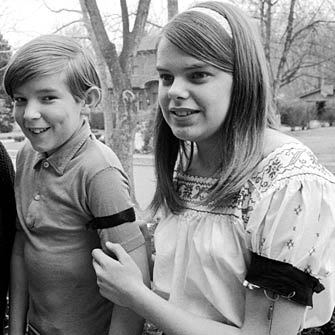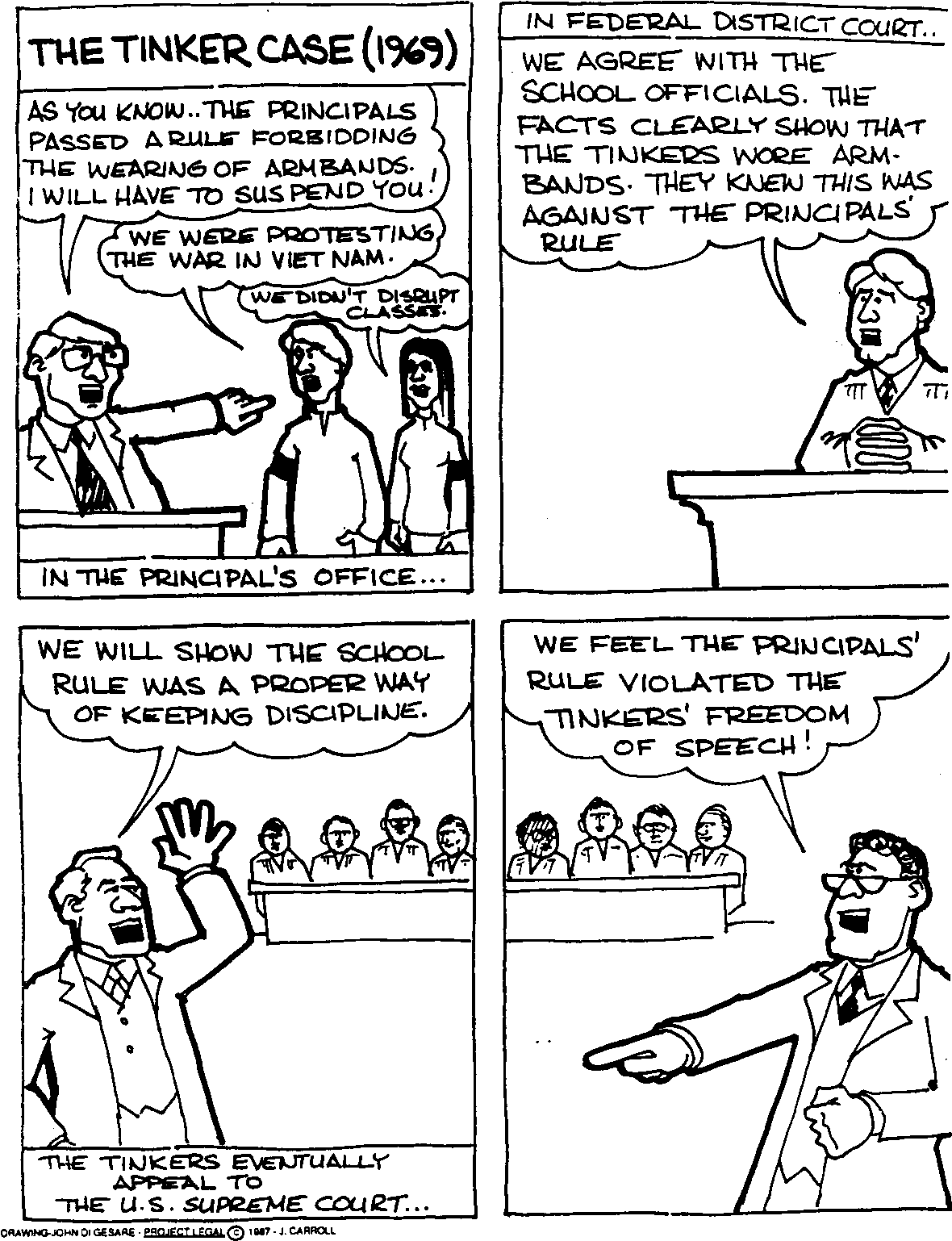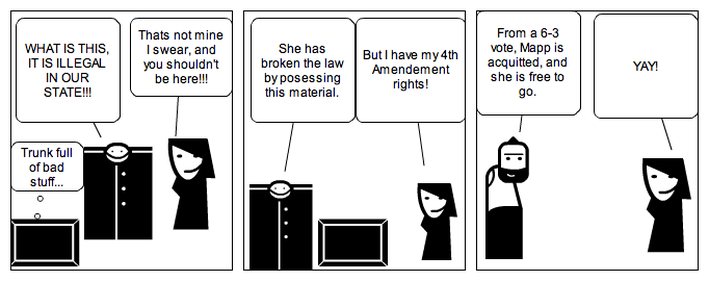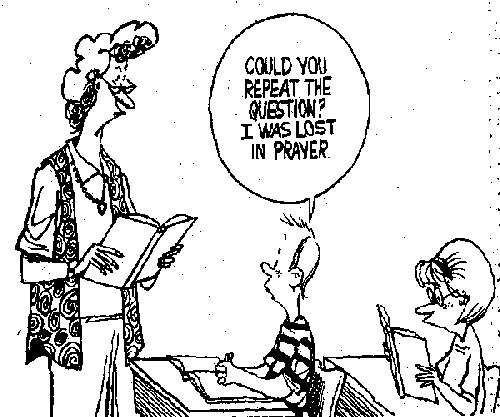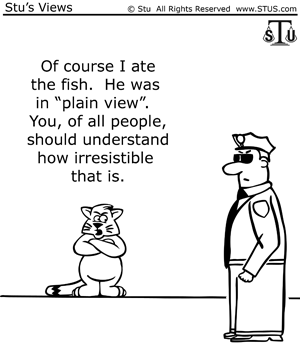Year: 1985
Result: 6-3 Jaffree won
Constitutional Issue: 1st amendment
Right or Liberty: Liberty
Significance: Prayer in schools is a violation of the 1st amendment, it forces religion on to kids. This case re enforced protection of religion.
Quote: "The State's endorsement of prayer activities at the beginning of each school day is not consistent with the established principle that the government must pursue a course of complete neutrality toward religion."
Summary: Prayer in schools violates 1st amendment


